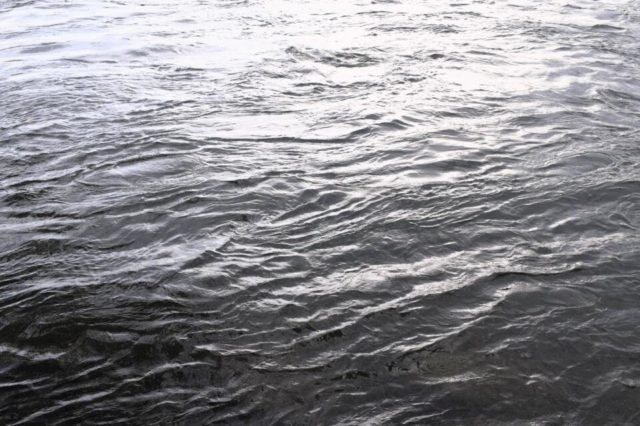The investigation found a group of more than 100 orcas and belugas trapped in a sea enclosure in dire conditions.
The embarkation of 50 remaining belugas from the notorious “whale jail” in Russia’s Far East is expected to begin today for their further transportation to the site of release, the spokesperson of the Russian Federal Research Institute of Fisheries and Oceanography (VNIRO) Alexey Smorodov told news agency, Sputnik.
“Preparations were completed today (yesterday) in the Srednyaya Bay for the operation to release the beluga whales into the wild. The loading equipment on Professor Kaganovsky research vessel has been tested. The VNIRO scientists together with veterinarians and coaches inspected the baths, prepared for the belugas on the research vessels. The embarkation (of belugas) is expected to begin tomorrow,” Smorodov said yesterday.
Before the embarkation, the belugas will undergo a final vet examination, he added.
In October 2018, the so-called whale jail in Russia’s Srednyaya Bay made headlines after Greenpeace claimed that a batch of endangered whale species, held there in captivity, were being prepared to be smuggled to China. A probe was opened into illegal fishing of aquatic animals and animal abuse. The investigation found a group of more than 100 orcas and belugas trapped in a sea enclosure in dire conditions.
Russian President Vladimir Putin ordered for the case to be reviewed by the relevant state agencies. A local court ruled that the sea mammals had been caught illegally. The companies responsible for the violation were reportedly fined a total of 150 million rubles ($2.4 million).
In late September, Russian Environment Minister Dmitry Kobylkin said that the ministry had no plans to legalise the yield of orcas and belugas in the Russian waters in 2020.
Since June, the trapped orcas and belugas were being released in batches ranging from three to 14. They were equipped with trackers that would enable scientists to trace their movement and collect data on their behaviour in the wild. – Sputnik








